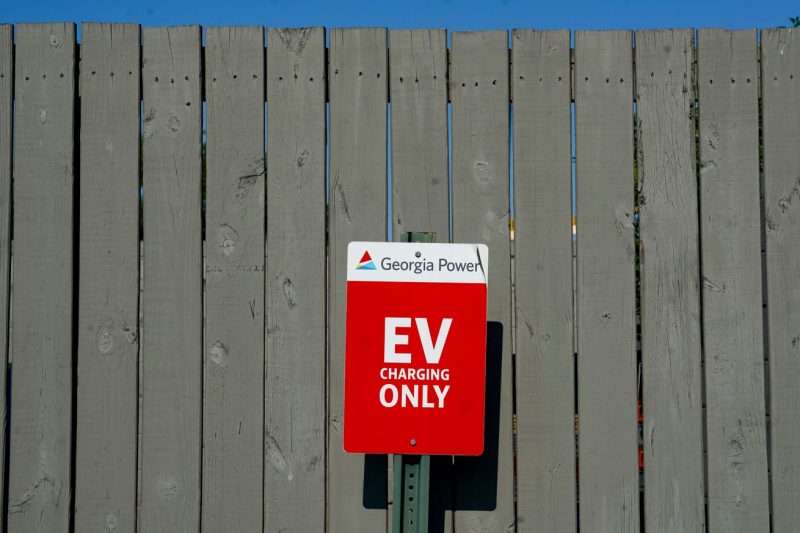As we delve into the future of electric vehicles (EVs), one of the significant factors that impacts their continued evolution is the global supply chain challenges. The rapid growth and demand for EVs have brought to light the vulnerabilities within the supply chain, affecting the production and delivery of these eco-friendly vehicles.
Another crucial aspect that contributes to the extended timeline for the EV evolution is the need for infrastructure development. While governments and private entities are investing in charging stations and grid enhancements, the rollout of this infrastructure is a complex and time-consuming endeavor. It requires coordination among various stakeholders and significant capital investments to ensure widespread availability and compatibility across regions.
Moreover, technological advancements play a pivotal role in shaping the future of EVs. The ongoing research and development efforts to enhance battery technology, increase energy efficiency, and reduce costs are essential for the long-term success of electric vehicles. These advancements are not only crucial for improving the performance and range of EVs but also for making them more accessible and affordable to a broader market.
Furthermore, regulatory challenges present another hurdle in the path to widespread adoption of EVs. Governments worldwide are working to establish policies and regulations that promote the transition to electric mobility while addressing concerns related to safety, emissions, and sustainability. However, the complexities of regulatory frameworks, varying standards across regions, and evolving consumer preferences pose challenges that may prolong the evolution of EVs.
Additionally, consumer awareness and acceptance are critical drivers for the success of electric vehicles. While there is a growing interest in eco-friendly transportation options, there are still barriers such as range anxiety, charging infrastructure availability, and upfront costs that deter some consumers from making the switch to EVs. Educating consumers about the benefits of electric vehicles and addressing their concerns through targeted marketing and incentives are vital strategies to accelerate the adoption of EVs.
In conclusion, the evolution of electric vehicles is a multifaceted process that requires addressing various challenges in the supply chain, infrastructure development, technology advancements, regulations, and consumer perception. While the transition to electric mobility holds immense promise for a sustainable future, overcoming these obstacles will take time and concerted efforts from stakeholders across the industry. By navigating these challenges strategically and collaboratively, the vision of a greener and more efficient transportation ecosystem powered by electric vehicles can be realized.




























